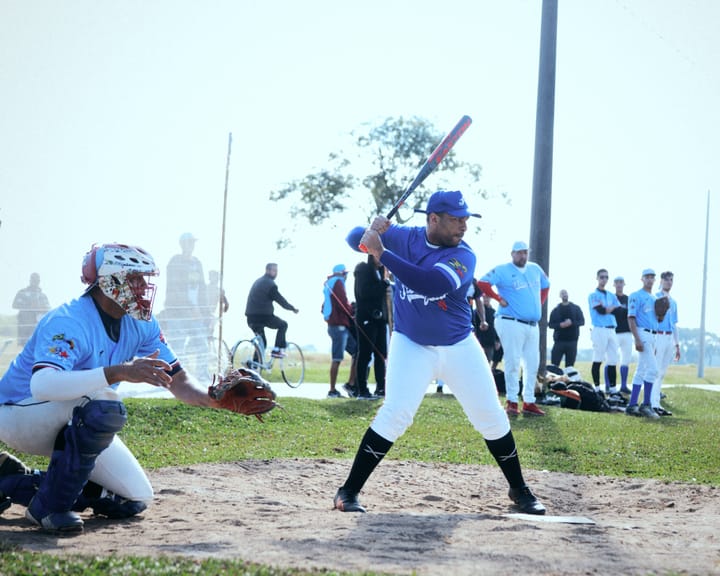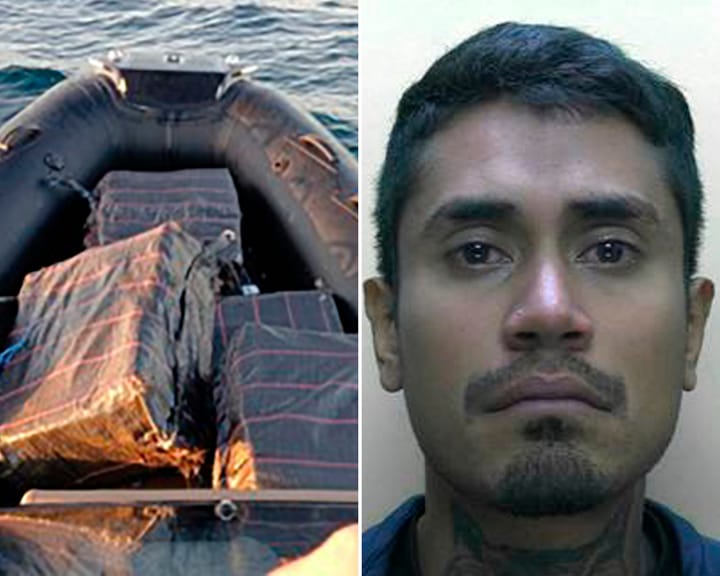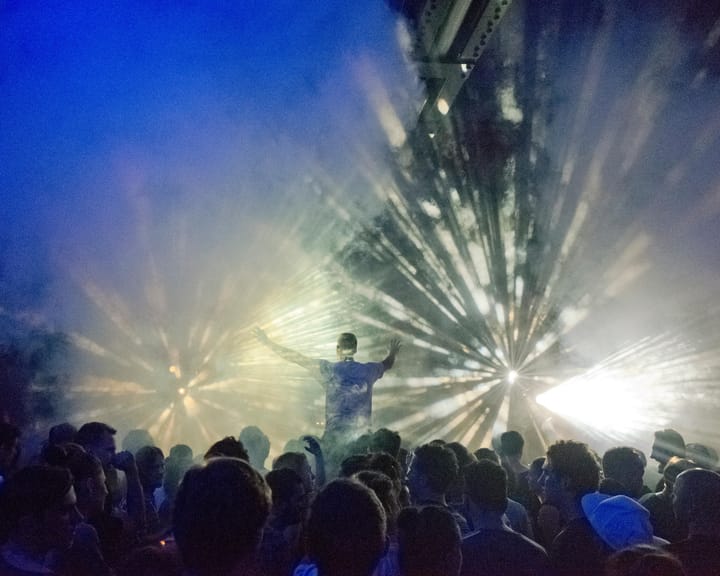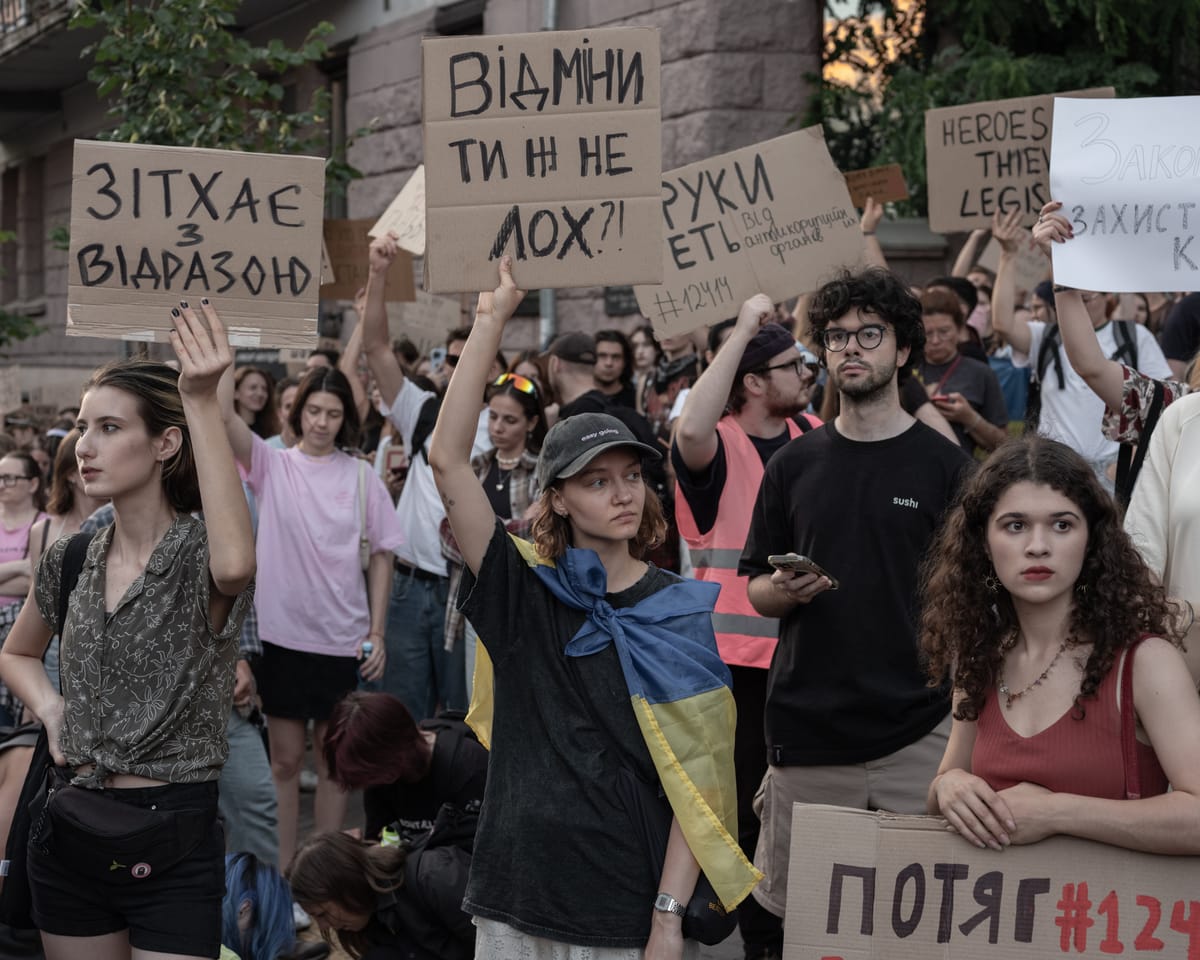test. Instead, thousands turned out, galvanized by a shared frustration with the government’s decision.
The protests remained orderly, with demonstrators voicing their demands without resorting to aggression. Activists and opposition lawmakers emphasized the importance of unity during wartime while still holding leaders accountable. Many carried signs calling for transparency and integrity in governance, reflecting deeper concerns about corruption undermining the country’s stability.
Kyiv’s streets, already scarred by relentless war, became a stage for civic engagement. Even amid air raid alerts and exhaustion, people gathered—not to overthrow their government but to remind it of its responsibilities. Some protesters brought their children, underscoring their hopes for a future free of graft and inefficiency.
Lawmakers who supported reversing the decision cited pressure from the public as a key factor in reconsidering their stance. “This shows that democracy is still alive, even under wartime conditions,” remarked one parliamentarian.
Though the protests did not reach the intensity or scale of past revolutionary movements, their impact was immediate and undeniable. In a country where war demands sacrifice, citizens made clear that upholding democratic values remains a priority—even if their methods were measured and their rhetoric restrained.
Read next

"Softball booms in Brazilian city as Cuban migrants surpass Venezuelans for the first time"
Roberto Hernández Tello, 59, originally from Camagüey, Cuba, had hoped to reach the United States for a better future. But due to stricter immigration policies under the previous U.S. administration, he found himself in Curitiba, southern Brazil, thousands of miles from home.
Like him, many Cubans have recently arrived

"Public asked to aid in catching drug gangs using 'mother ships' near UK shores"
Police Ask Coastal Residents to Aid in Combating Drug Smuggling
Authorities have called on residents of coastal areas in the UK to assist in disrupting criminal groups that are employing increasingly creative tactics to bring large amounts of cocaine into the country.
Officials have noted a rise in “at-sea drop-offs”

"Germany's historic largest gay nightclub files for bankruptcy"
Germany’s longest-running and largest LGBTQ+ dance venue has filed for bankruptcy after operating for nearly 50 years, succumbing to financial pressures and shifting trends in Berlin’s nightlife.
Internal challenges and the rise of dating apps contributed to SchwuZ’s difficulties over the past year. In May, the venue

